- The Nigerian government has voiced concern about the education section under Bola Tinubu's administration
- In achieving this, the federal government engaged critical stakeholders in the education sector on the urgent need to significantly reduce youth and adult illiteracy in Nigeria
- The minister of State for Education, Dr Yusuf Sununu, disclosed this on Tuesday, June 25, in Abuja saying "It is disheartening that such most Nigerians could not read and write in today’s knowledge-based society"
Legit.ng journalist Esther Odili has over two years of experience covering political parties and movements.
The minister of state for education, Tanko Sununu, has said that youth and adult literacy are at the forefront of the plan to achieve President Bola Tinubu's administration’s Renewed Hope Agenda.
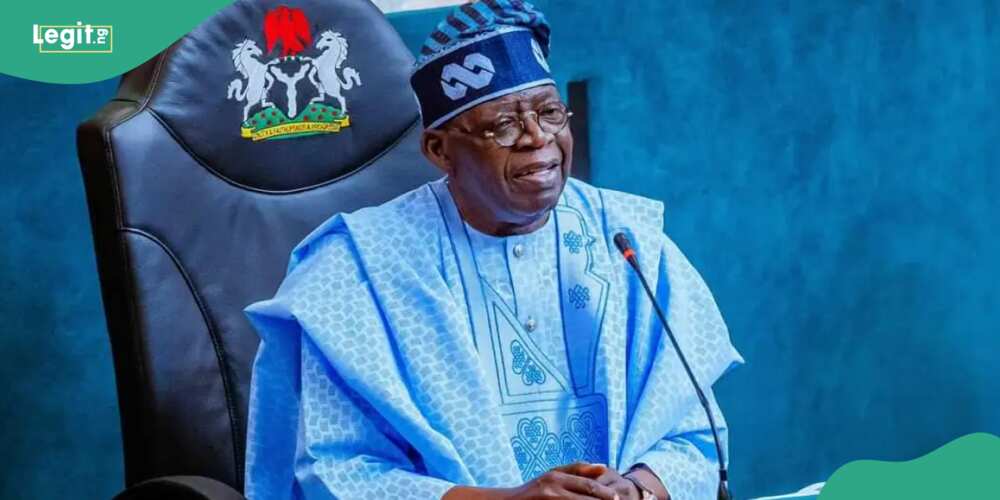 President Bola Tinubu is committed to the renewed hope agenda.
Photo credit: Asiwaju Bola Ahmed Tinubu
President Bola Tinubu is committed to the renewed hope agenda.
Photo credit: Asiwaju Bola Ahmed TinubuSource: Facebook
FG lament adult, youth literacy in Nigeria
Speaking at the national stakeholders’ engagement on achieving youth and adult literacy held in Abuja on Tuesday, June 25, Sununu confirmed that a cursory diagnosis of the pillar 4 of the Nigerian Education Road Map both youth and adult literacy are key.
He also said that the number of Nigerians across the country who can neither read nor write is disheartening.
According to Sununu, the Nigerian government has position the Renewed Hope agenda among various issues to reduce the large number of non-literate adult and youths including out-of-school-children and ensure sustainable lifelong learning opportunities for persons living in marginalized urban, rural and slum communities.
Also noting that it is difficult to achieve any form of meaningful development without literacy, the minister said the acquisition of basic literacy skills and its application to life issues promotes development.
Literacy, according to UNESCO is a continuum of learning and proficiency in reading, writing and using numbers throughout life. It is also part of a larger set of skills, which include digital skills, media literacy, education for sustainable development and global citizenship as well as job-specific skills.
The UN agency also notes that literacy empowers and liberates people and gives them greater choices to life.
Further reiterating its ministry’s commitment towards adult education, Sununu assured that the ministry of education is steadfast on ensuring inclusive and equitable quality education and promote lifelong learning opportunities for all Nigerians.
He said:
“The Ministry would continue to leverage on the existing progress and transformation in the development of Adult and Non-Formal Education, as it serves as the only alternative opportunity to provide flexible and efficient programme opportunities to reach underserved communities and promote relevant learning outcomes for all categories of leaners that are well-suited to rapidly changing circumstances.“In this regard, today's event is certainly a special and significant one; designed to fast track the achievement of Pillar 4: Youth and Adult Literacy.Youth, adult illiteracy: FG task stakeholders
The Federal Ministry of Education (FME) is not oblivious of the challenges of Adult and Non-Formal Education (NFE) sub-sector in all the states and local levels which include consistent inadequate funding, poor strategy and coordination mechanism which has made the literacy services to ‘fall through the cracks’
Also speaking the executive secretary of the National Commission for Mass Literacy, Adult and Non-formal Education, Akpama Ibor, aligned with the minister’s line of thought that youth and adult illiteracy constitute the bedrock from which the “embarrassing out-of-school children syndrome emanates”.
Ibor said policies and strategies which undermine NMEC's youth and Adult illiteracy eradication programmes advertently threaten genuine efforts at tackling the out-of-school children syndrome in Nigeria.
He added that while literacy is not merely the ability to read and write; it is the foundation upon which every nation builds her future.
He added:
“The Road Map for the Nigerian Education Sector provides us with a strategic framework to tackle literacy challenges head-on. However, the success of this laudable initiative depends on our collaboration, innovative approaches, and relentless dedication.“We must harness our diverse expertise and resources to create inclusive and effective educational programs that enhance unimpeded access of all Nigerian children, youth and adults to quality education.“As we delve into discussions, share insights, and explore strategies, let our priority be the millions of Nigerian youths and adults whose future we have the power to transform. Their dreams and aspirations are inextricably interwoven with the literacy opportunities we strive to provide.” Ibor added.Chibok girls: CSO lists things govt must do
Legit.ng earlier reported that a nonprofit organisation (NGO), ImpactHouse Centre for Development Communication, urged President Tinubu to ensure adequate security, quality and inclusive education.
On the 10th anniversary of the Chibok kidnapping, ImpactHouse appealed to President Tinubu to tackle insecurity, especially in schools, and create an enabling environment for displaced students to return to school.
Source: Legit.ng

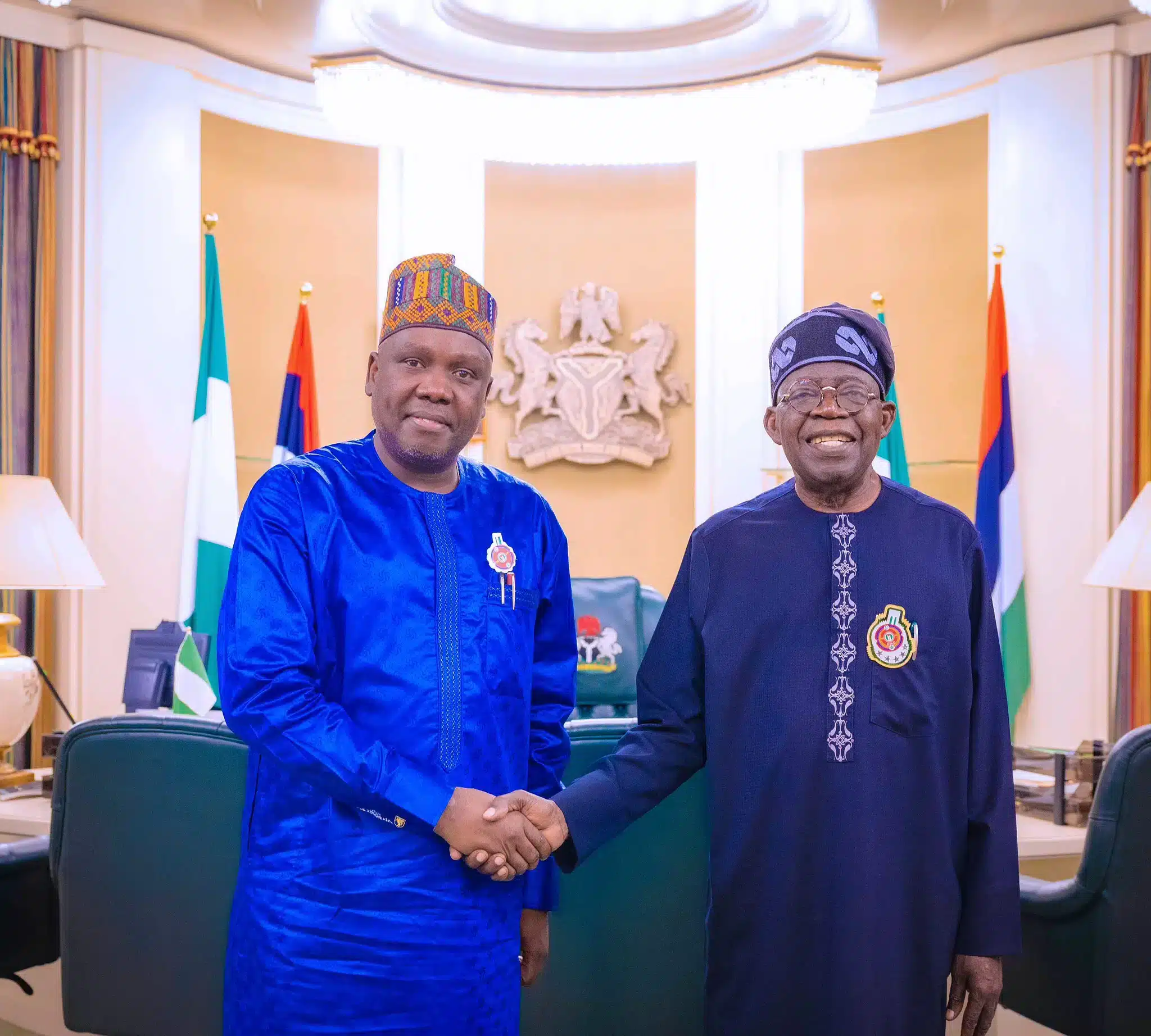
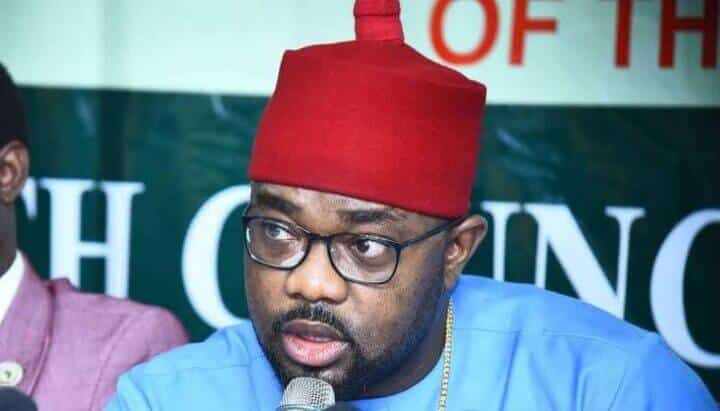
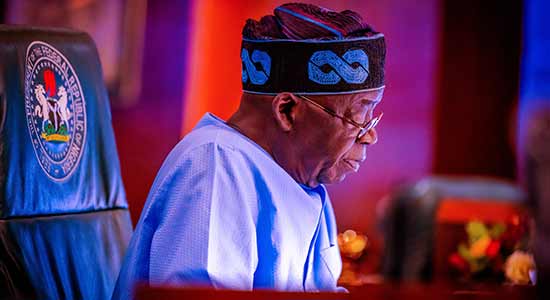
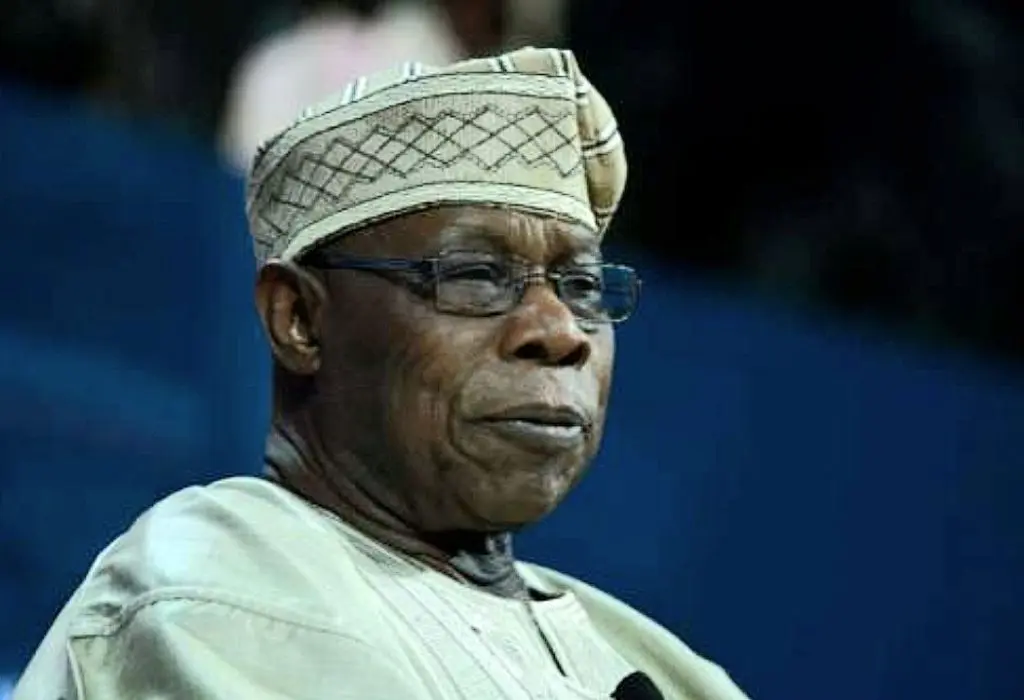
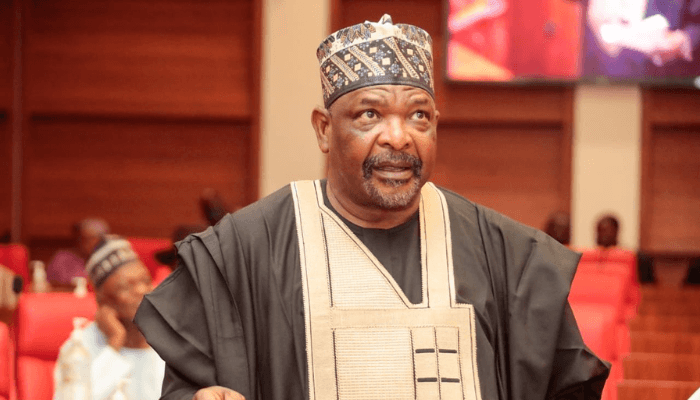










 English (US) ·
English (US) ·